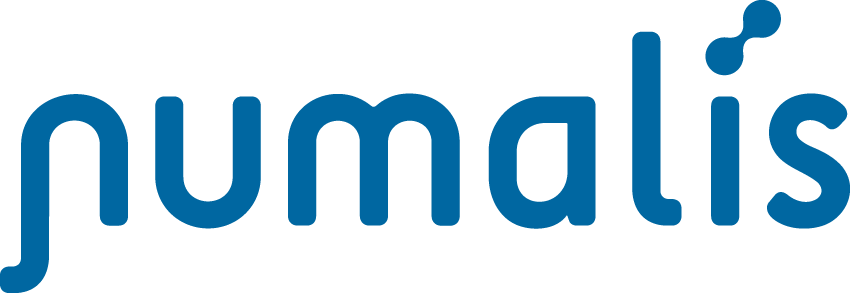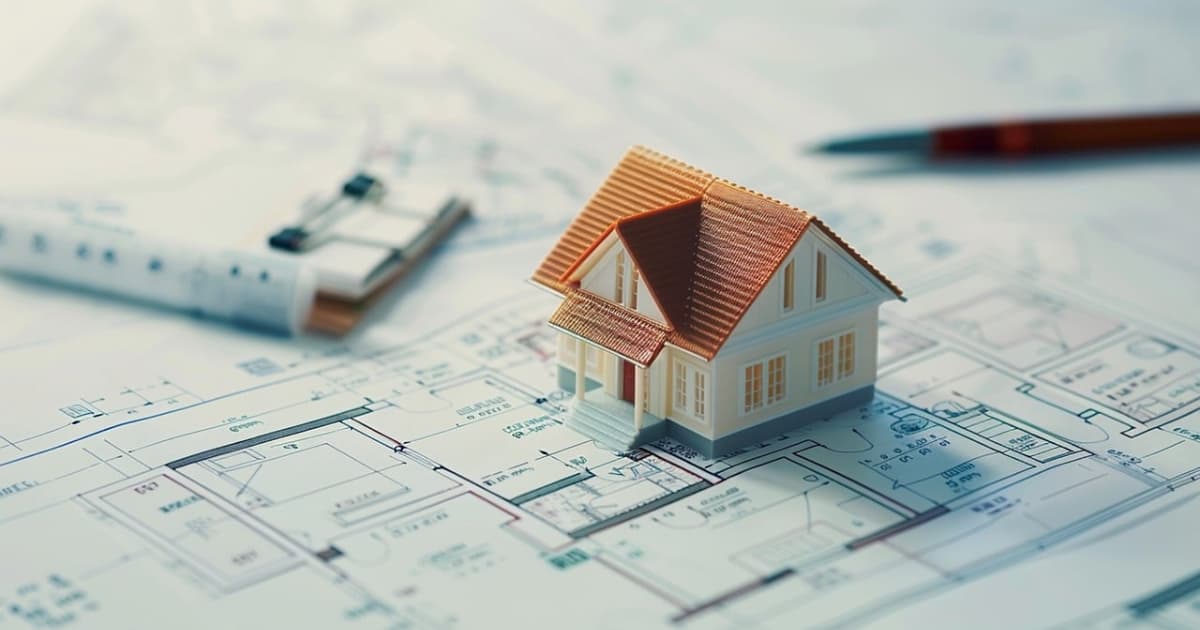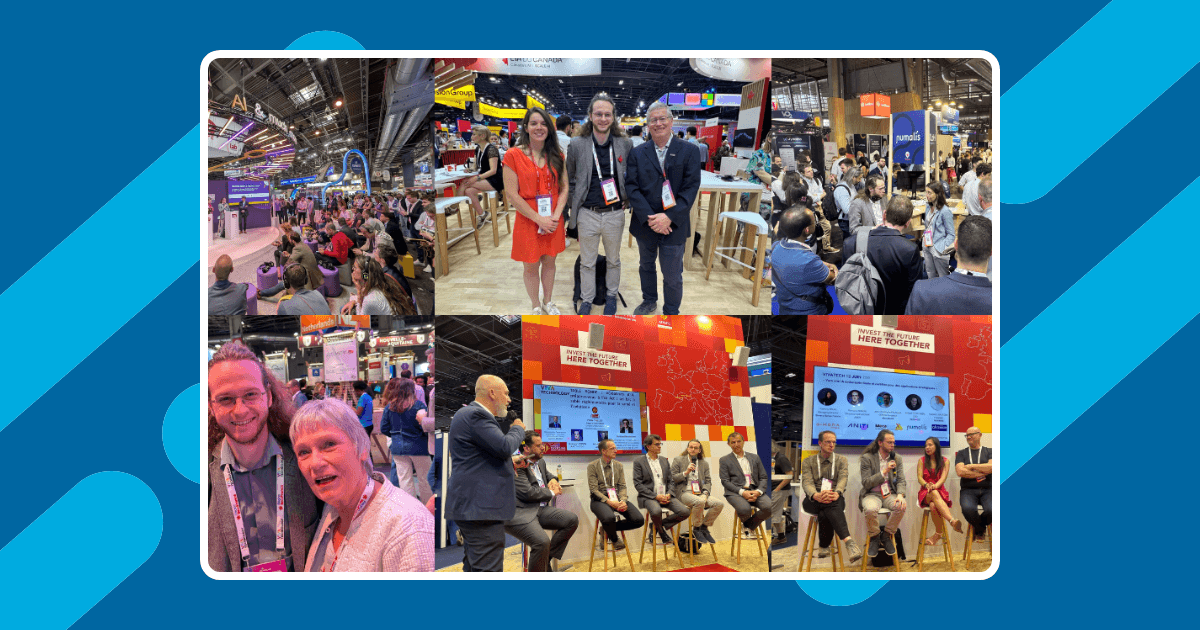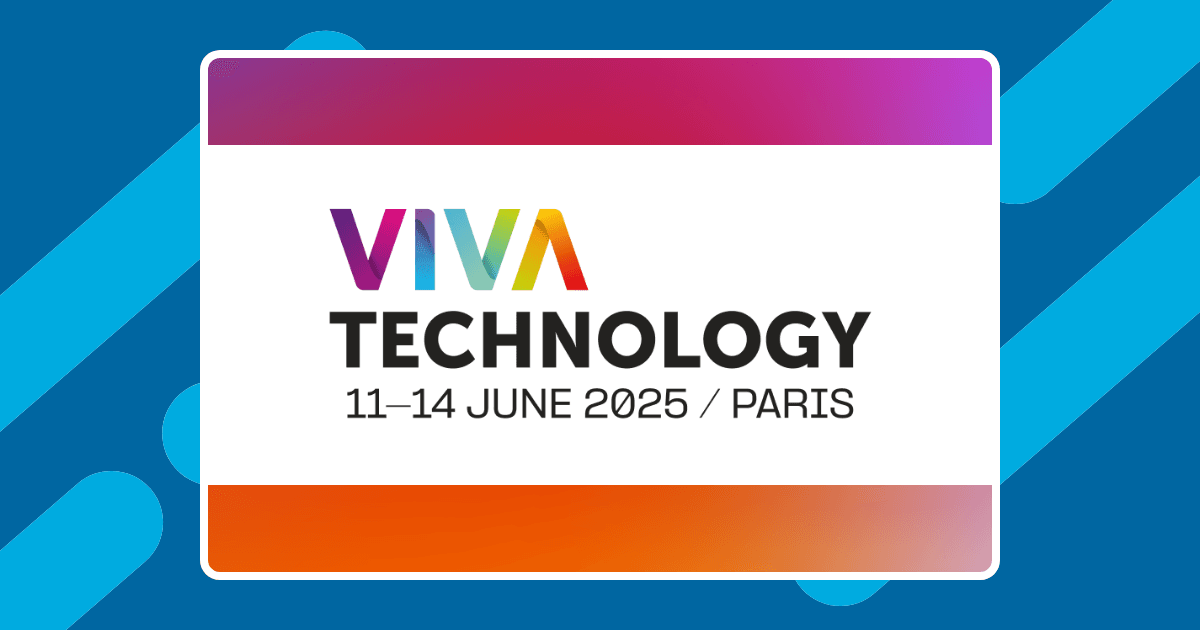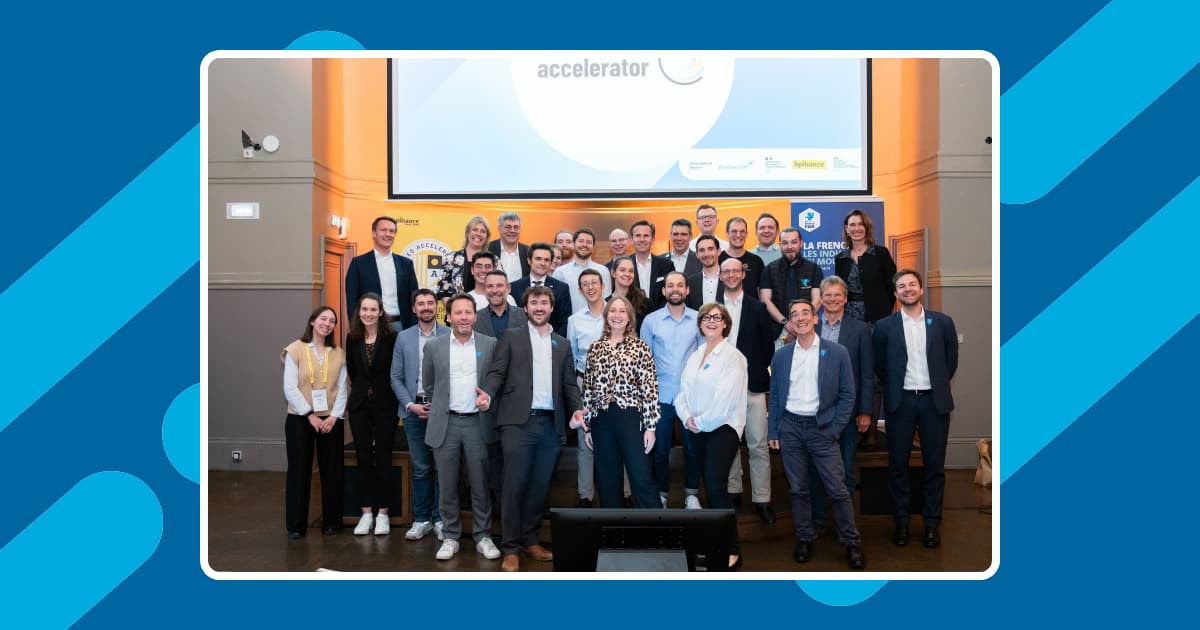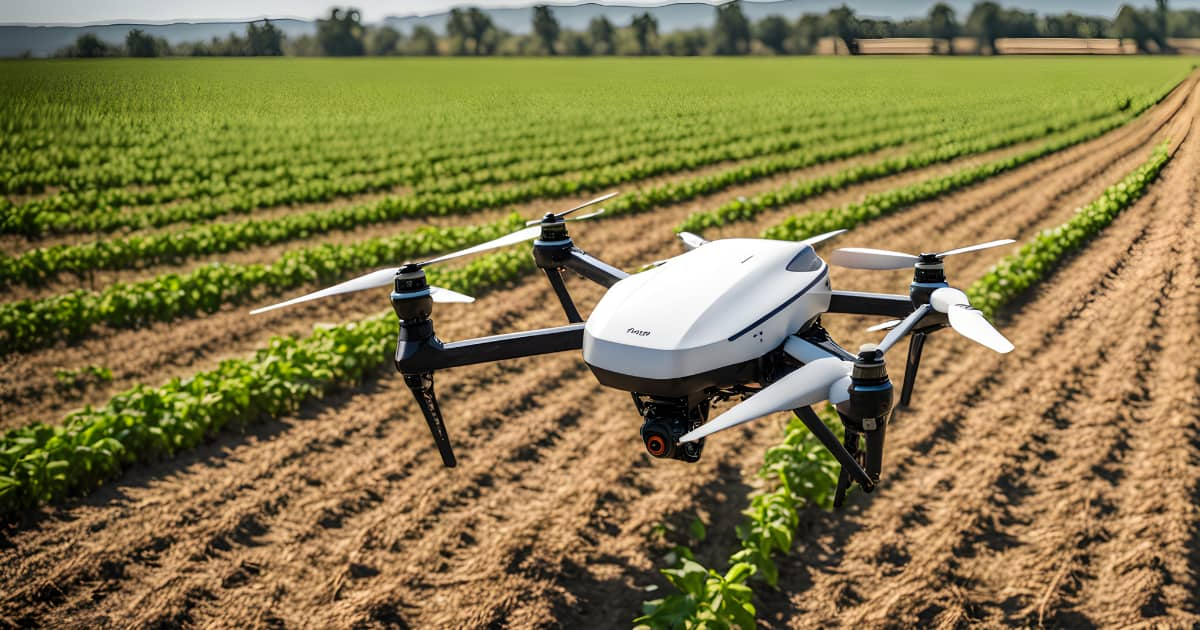Property management is a vital link between property owners and tenants, providing expertise in essential services provision. Property professionals undertake a wide array of tasks, from tenant screening to rent collection, legal compliance, property security, and maintenance.
With technological advancements, the real estate sector continues to embrace a digital approach to streamline activities. This involves using property management softwares, which primarily harnesses the power of data analytics, cloud computing, and virtual reality(VR) to enhance service delivery. Recent breakthroughs in artificial intelligence(AI) and machine learning(ML) have introduced even more capabilities to these systems.
There is an exponential growth of AI in real estate, with the market size expected to hit $227 billion in 20241. AI-driven solutions are now permeating core real estate functionalities like property recommendations and valuations.
AI-powered property management solutions aim to augment some of the mundane tasks property managers handle. These systems are not only limited to automating routine tasks but also introduce sophisticated capabilities that drive efficiency.
Challenges of traditional property management practices
Property management faces numerous challenges that can lead to tenant churn, property breakdown, and financial loss. Some of the other challenges include:
Scaling revenue: Real estate managers typically struggle to stay competitive and grow their businesses without automated property management tools. Reliance on manual management can be tedious and error-prone, leading to inefficiencies in processes like rent collection.
Tenant screening and onboarding: Screening potential tenants involves paperwork, in-person meetings, and background checks. Traditional methods are slow and cumbersome, inconveniencing property owners and tenants.
Maintenance management: Property managers overseeing numerous properties may feel overwhelmed by the volume of incidents and maintenance requests from tenants. These inefficiencies can lead to loss of business due to tenants’ dissatisfaction.
Tenant turnover: Traditional methodologies lack proactive ways to retain and satisfy tenants. This can adversely impact occupancy levels and cash flow.
Admin work: Payroll, data management, invoices, communication, and coordination can take up vital man-hours. Manually handling these repetitive tasks can introduce many inefficiencies.
The Impact of AI in Property Management
The global property management software market is expected to reach $24.18 billion in 2024 and more than double by 20322.
Property management businesses are looking to integrate AI into their existing process to tackle challenges and drive more growth. AI-powered property management software enables property managers to automate even more tasks and enhance clients’ experiences.
Here are the top ways AI is transforming property management:
Intelligent lease and document management
Commercial real estate documents may contain hundreds or thousands of pages detailing different aspects, including regulations, building codes, and other obligations. AI-driven lease management solutions use ML techniques to automate data extraction and write summaries from unstructured documents.
Such solutions can extract insights from complex leasing agreements, enabling easier management of real estate portfolios. Additionally, generative AI can act as a copilot for property managers, disseminating information to potential clients3.
Processing documents manually at scale is cumbersome, costly and creates operational inefficiencies. AI-based document management solutions can quickly identify and categorize documents based on content and structure.
JLL, a globally renowned real estate services company, is using AI to automate lease management. The solution uses a deep learning neural network to categorize lease documents and extract all necessary information efficiently4.
Smart tenant management
Property managers must perform multiple tasks to fulfill their obligations to the tenant and the property owner. They must effectively answer tenant requests, renew leases, and collect rent on time. AI-driven solutions can partially or fully automate some of these operations.
For instance, advancements in natural language processing(NLP) techniques have made it easier to build chatbots and virtual assistants that respond to tenant requests 24/7. Such applications can be trained on proprietary knowledge bases to respond with high-quality answers, enhancing communication.
Property management also involves the dynamic generation of tenant-related documents, such as letters, leases, and notices of rent payments. AI-powered solutions can generate these documents dynamically depending on the client’s obligations. This improves operational efficiency, reduces misunderstanding, and boosts timely communication5.
Smart tenant screening
AI-powered solutions can quickly verify a candidate’s record by checking risk-relevant data from public registries and databases. Depending on the regulations, a smart screening solution can have a checklist with items like ID verification, credit checks, and digital references. Such systems enable property managers to obtain comprehensive background checks promptly.
Companies like Certn are already providing AI-powered screening to property management firms6. The AI-driven solution conducts background checks for applicants in real-time. Property managers get speedy reports due to the solution’s ability to analyze and sort vast amounts of data quickly.
Optimized energy management
Energy consumption management provides a way to save costs. However, optimizing energy consumption, especially for multi-tenant properties, can be challenging. Additionally, managing and estimating energy bills in buildings with unique client preferences can be hard.
AI-driven solutions can analyze consumption data from smart thermostats and energy solutions to detect patterns and highlight areas for improvement and adjustments. Integrating AI solutions with smart building technologies can reduce energy bills and wastage.
Enhanced maintenance management
Traditional maintenance strategies rely on manufacturer-recommended practices and reactive fixes. Plumbing, electrical components and HVACs are often subject to breakdowns and maintenance. Predictive AI models can proactively help maintain all these components.
By combining historical sensor data, logs, and real-time input, predictive models can accurately forecast likely equipment breakdowns, allowing for preemptive interventions. This is through advanced pattern recognition techniques that uncover insights and trends. The model can improve with continuous reinforcement learning, increasing accuracy with time.
Companies like Phyn use AI and IoT sensors to detect anomalies in water flow in real estate property7. The system notifies property managers when an issue is detected and can turn off the water automatically. Additionally, they can set custom thresholds to prevent damage, especially during cold weather8.
Noise level monitoring
Tenants have different preferences, and elevated noise volumes may cause inconvenience for other occupants. Additionally, tenants and property managers must maintain acceptable noise and crowd levels to ensure regulatory compliance. Traditionally, property managers would have to receive complaints to deal with such issues.
However, AI solutions can enhance noise level monitoring and crowd control to prevent noise pollution, especially in short-stay rentals. Noise and crowd sensors provide data that AI models can analyze in real time to detect violations. With such solutions, property managers can limit noise disruptions, property damage, and reduce manual monitoring efforts.
Smart security and risk management
Security is a major concern for property managers. Poor security can limit occupancy levels and even affect property value. Conventional security systems ordinarily rely on reactive measures and manual surveillance.
Security solutions based on video analytics and AI can efficiently monitor common areas. These AI-powered surveillance systems can be trained to flag potential threats and notify security personnel.
AI solutions can be used for automatic facial recognition. This can help with access control, restricting unauthorized people from accessing different areas of a property.
Generative AI for marketing
Property managers sit on multiple datasets, including tenant information, proprietary and market data. Generative AI can take advantage of this data to craft marketing material and enhance customer journeys9.
Gen AI models can quickly draft marketing material, allowing users to use multiple input conditions through text, images, and voice. They are also a great way to refine marketing ideas.
Additionally, property managers can use Gen AI for lead generation. They can leverage insights and patterns from data to segment potential tenants. Gen AI can be tailored to disperse personalized information depending on the audience, including sending customized emails at scale10.
Conclusion
Property management is a competitive sector, with businesses having similar profiles. Many are turning to technology to streamline operations, improve efficiency, and gain competitive advantage.
Traditionally, processes like tenant screening, security surveillance, and lease management took considerable time and effort. However, the advancement of AI has opened up different avenues to improve processes and workflows.
AI in property management uses different techniques, including ML and computer vision, to enhance these processes. Ultimately, AI is set to augment property management, opening new ways to drive business.
- AI In Real Estate Global Market Report 2024 ↩︎
- Property Management Software Market Size & Growth [2032] ↩︎
- The power of generative AI in real estate | McKinsey ↩︎
- LEVERTON – AI-Based Data Extraction Software for Lease Documents ↩︎
- AI-Driven Solutions Revolutionizing Property Management ↩︎
- Property Management | Certn ↩︎
- Phyn ↩︎
- Phyn ↩︎
- The power of generative AI in real estate | McKinsey ↩︎
- Marketing and sales soar with generative AI | McKinsey ↩︎
